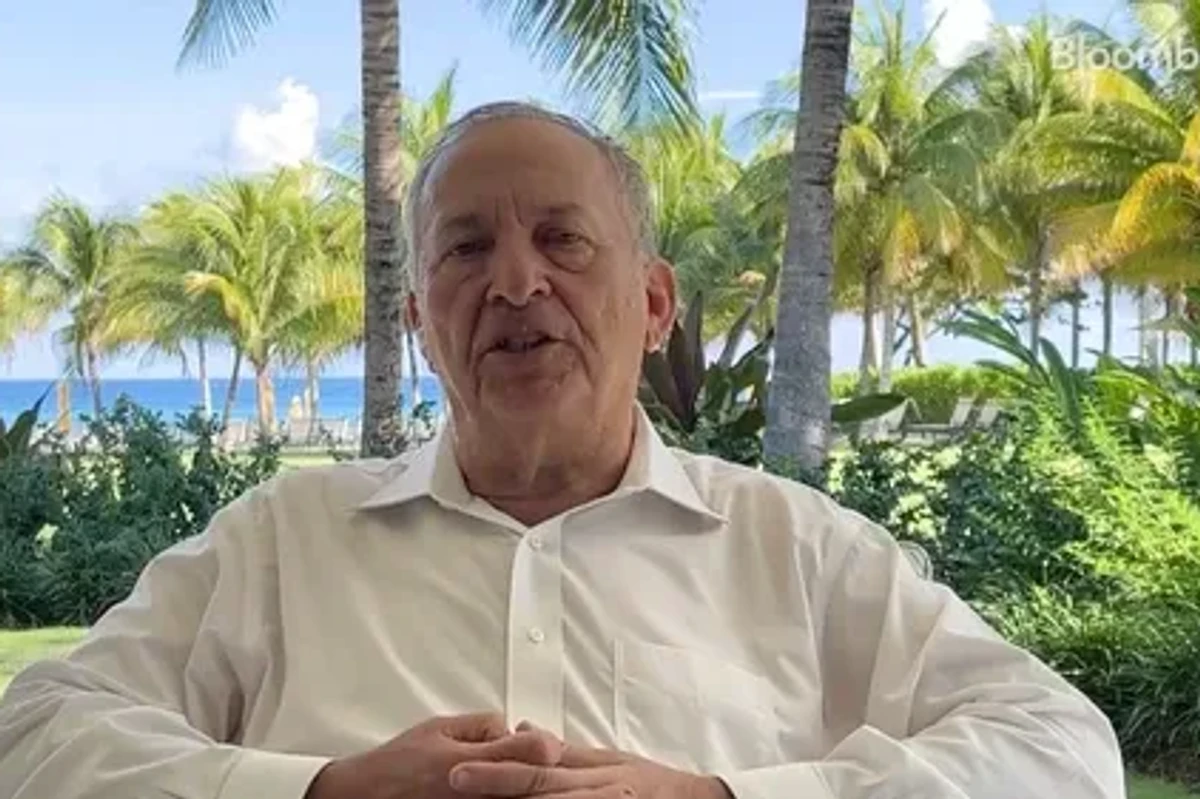This piece originally appeared in The American Prospect. Read the original here.
In light of email exchanges with Jeffrey Epstein recently released by the House Oversight Committee, Larry Summers has announced that he will be “stepping back from public commitments” as he attempts “to rebuild trust and repair relationships with the people closest to me.” But while some organizations have explicitly ended Summers’s association with their firms, others have simply wiped mention of him off their websites’ “About” pages, attempting to vanish their association with Summers without explicitly ending their involvement with him.
Summers’s statement did not explicitly lay out what “public commitments” he would be stepping back from. But the fallout over the past 48 hours is notable primarily for just how many associations Summers had with think tanks, media outlets, and private companies.
The New York Times reported that Summers was no longer affiliated with the Yale Budget Lab and the Center for American Progress, where he was in a leadership role on policy development efforts known internally as “Project 2029.” A spokesperson from the Times also told the Prospect that they would not renew Summers’s expiring contract as a contributing writer, and both the Center for Global Development and OpenAI announced that Summers would be stepping down from their boards of directors. Summers has also left a paid role on Bloomberg TV, and CBS has reported that the Brookings Institution’s Hamilton Project and the Peterson Institute for International Economics have cut ties.
By contrast, fintech firm Atlas Merchant Capital, where Summers has worked as a senior adviser since at least 2021, and energy startup firm Palmetto, which Summers began advising in April of last year, have both deleted Summers from their website without explanation. Neither firm responded to a request for comment.
Importantly, Summers made it clear that his intention to step back would not include ending his teaching career at Harvard University. This is despite emails with convicted sex offender Epstein describing himself as Summers’s “wing man” and helping Summers plan to proposition a colleague he’d described as a “mentee” by withholding professional assistance. The emails also brought to light new evidence of Summers’s deeply sexist views, which were responsible for his ouster from the Harvard presidency back in 2006.
Though Summers intends to remain, the university may have other ideas, and has launched an investigation into his conduct.
Summers has a history of advising more firms than any one person could keep track of, let alone devote significant professional effort to, but he was not brought on for his professional services. Instead, Summers offered an established brand to firms looking to improve their image and bolster their legitimacy. As fintech industry publication Fintech Nexus once noted regarding his relationship with peer-to-peer neobank Lending Club, “Larry Summers not only helped put LendingClub on the map but he gave the entire industry some serious credibility in its early days.”
Given the role Summers played as a seal of elite approval for fintech platforms, cryptocurrency firms, and any number of other startups, it is more than a little ironic for these firms to be scrubbing his name from their websites in an attempt to wash their hands clean of his now-tarnished reputation.
While this is undoubtedly being done in an attempt to protect themselves from a public relations nightmare, it also helps leave the door open for a return from the embattled economist. In each case that Summers is allowed to fade quietly into the background, he is able to avoid another blow to his reputation, and just possibly remain one step closer to re-entering polite society. (In a video recording, he specifically tells one of his classes that he is stepping back from public commitments “for a time,” seemingly indicating he, unfortunately, plans to return.)
The continuation of his position at Harvard already gives Summers a respectable and influential position from which he can ride out the storm. His quiet removal from the advisory pages of these companies will help him in this effort and help salvage his reputation if he one day intends to return to the lucrative world of private consulting.

